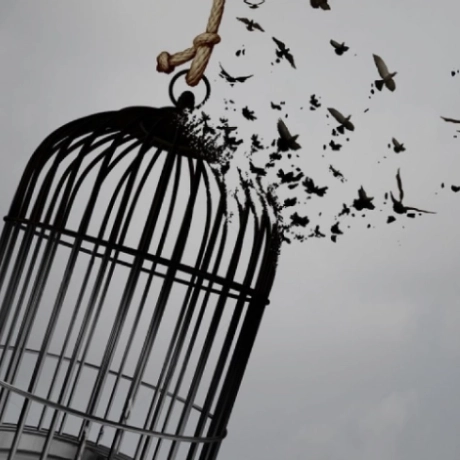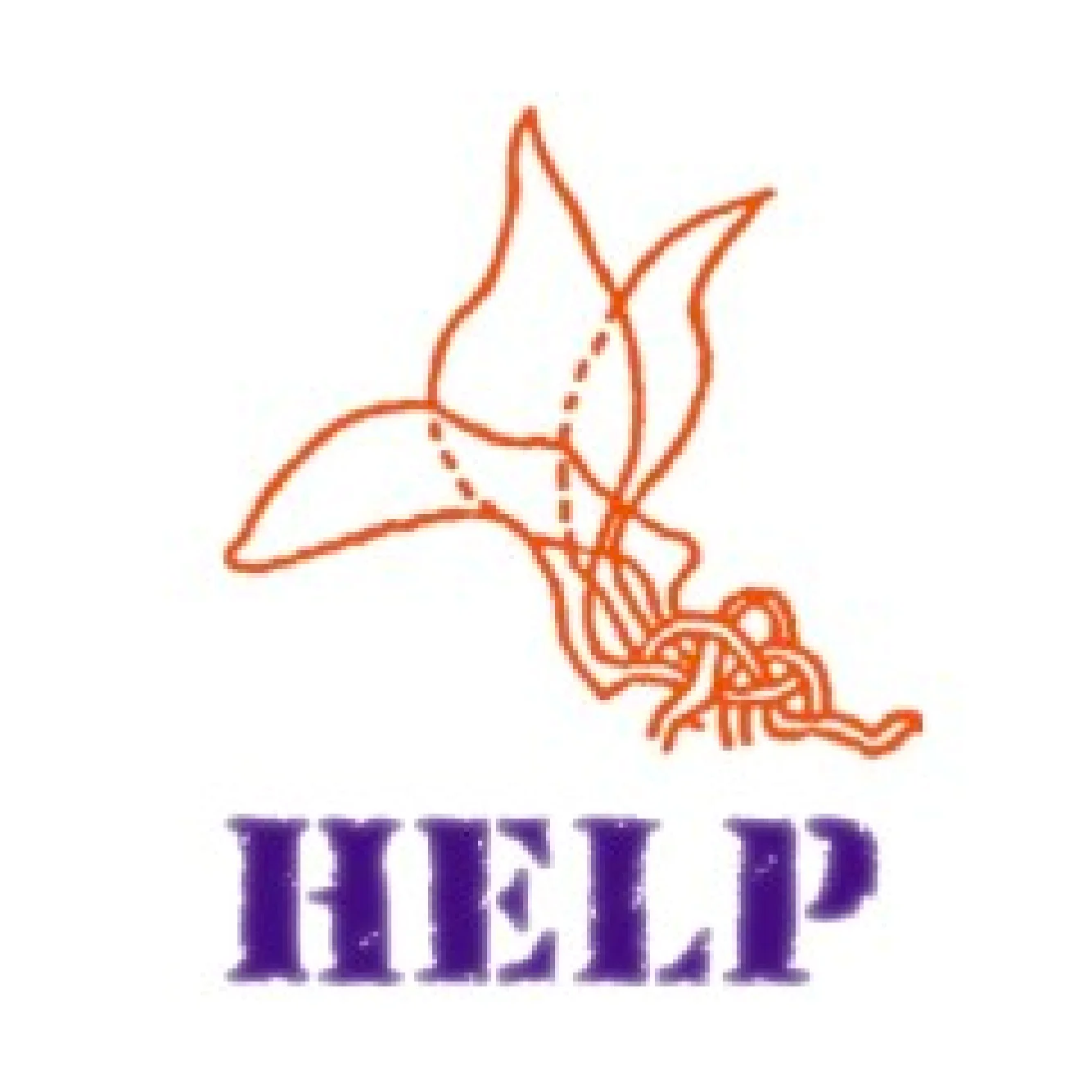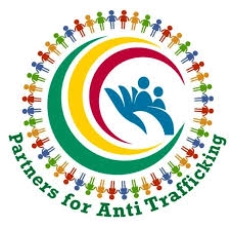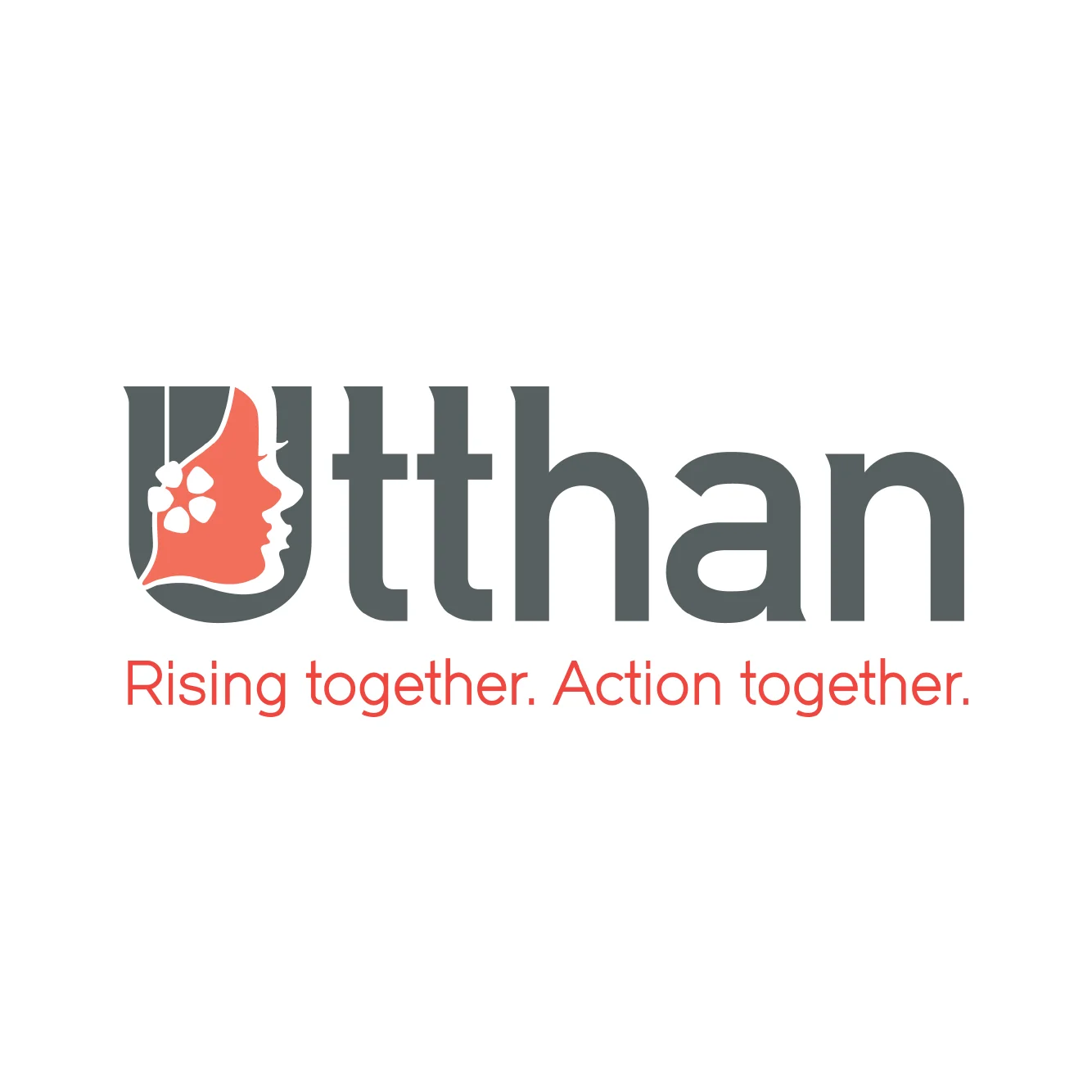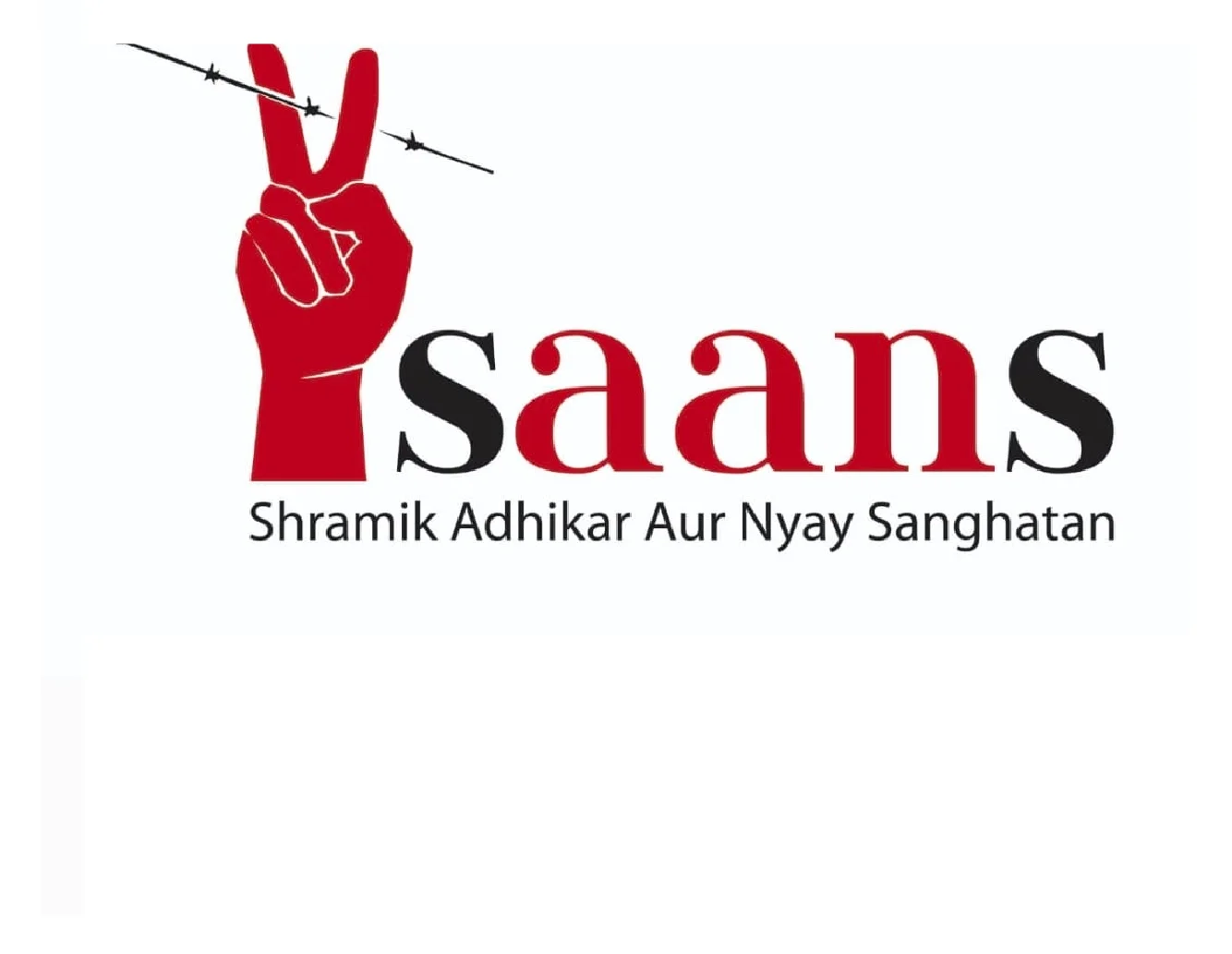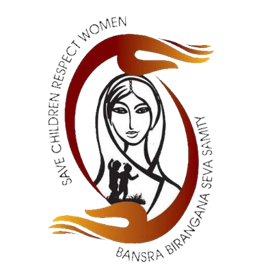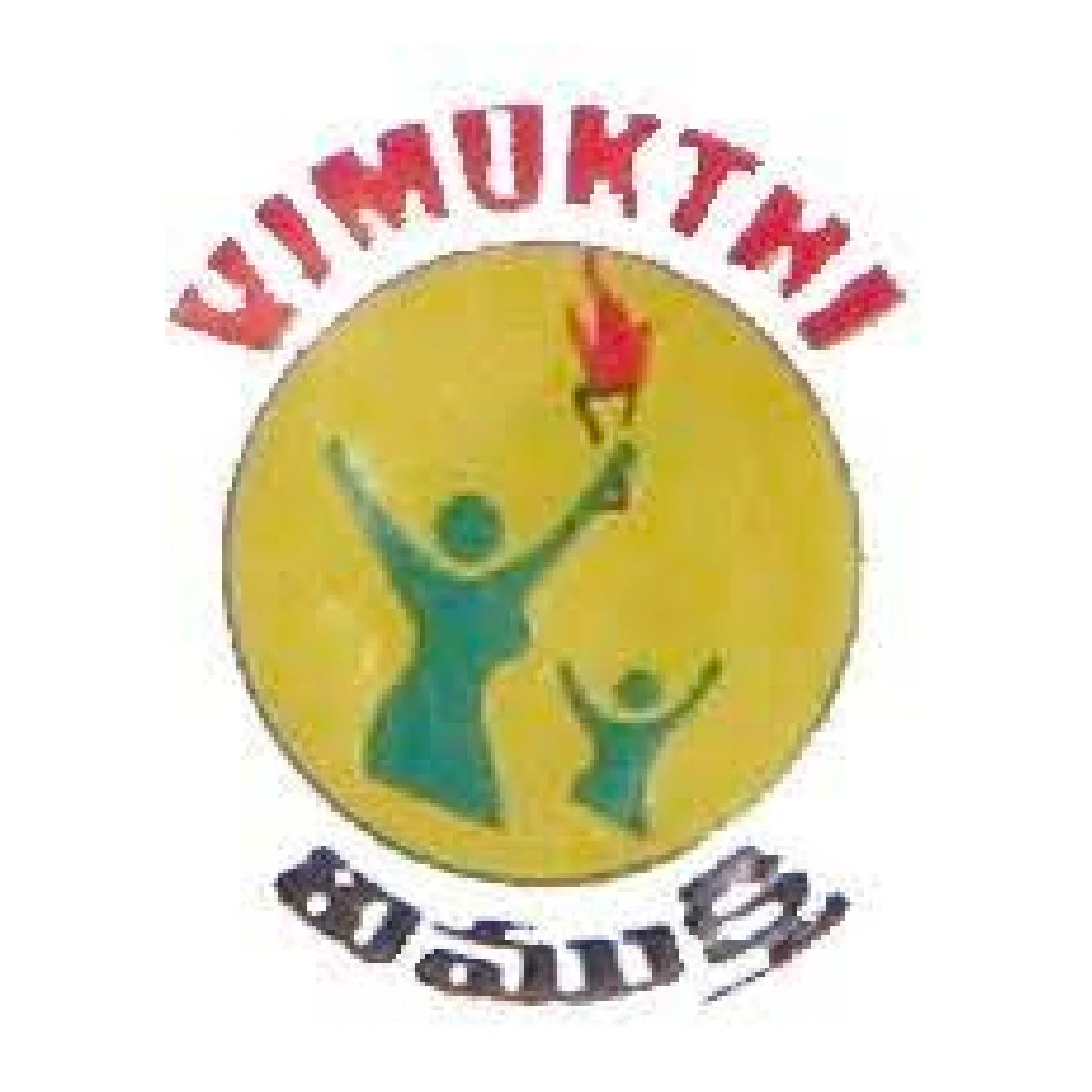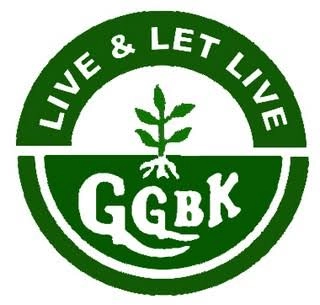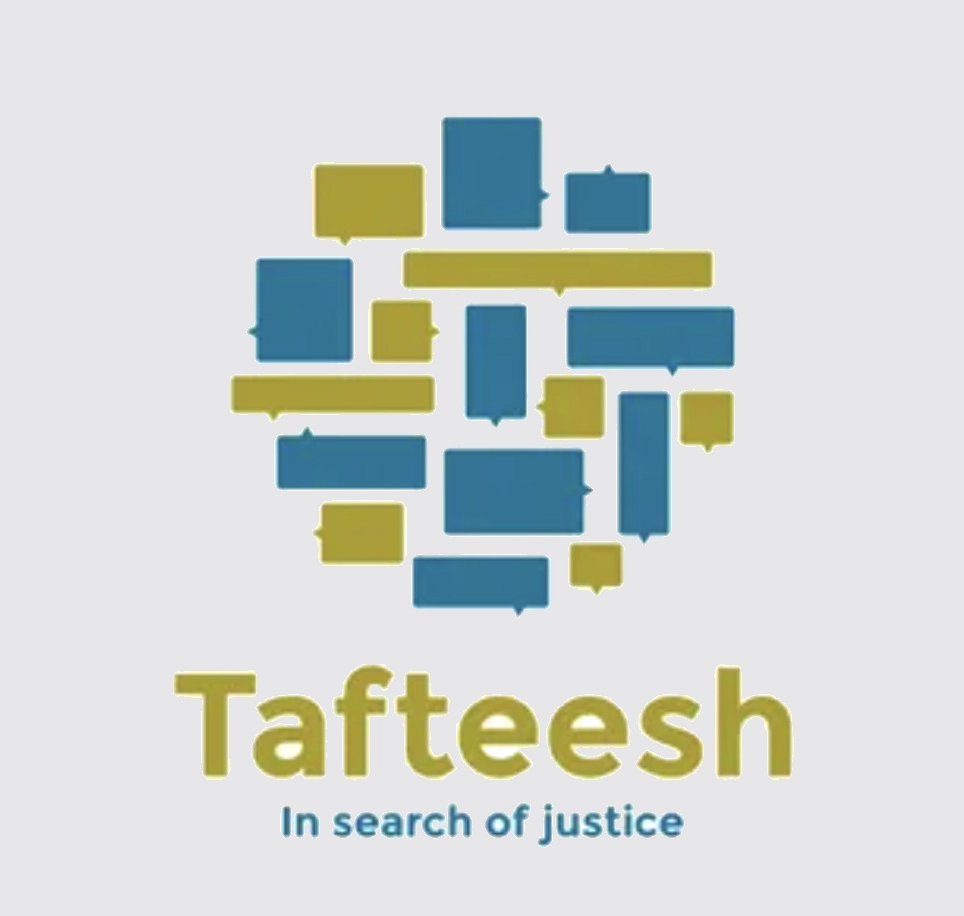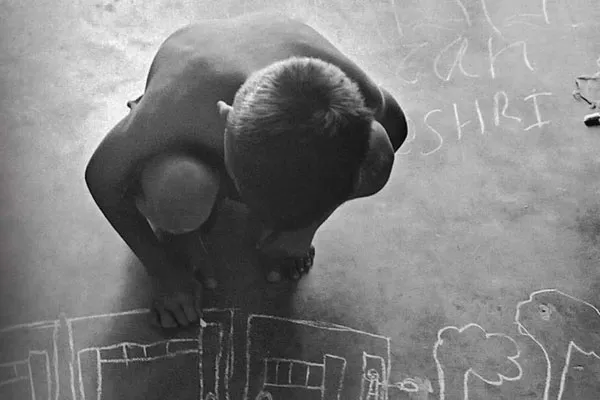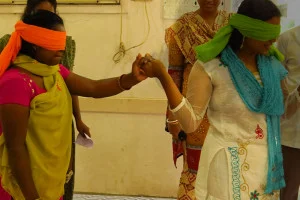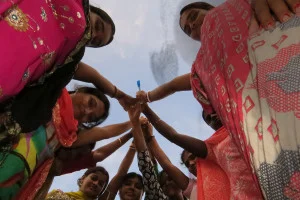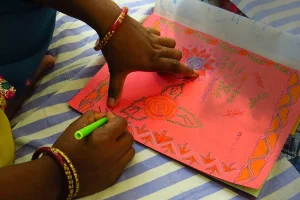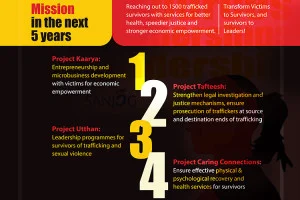Overview
An exploratory study back in 2013 suggested that the rescued survivors of trafficking faced bleak prospects upon being returned to their homes after their time spent in shelter homes. The traffickers who had lured and transported them away were free to do as they pleased and continued to be a threat to the survivors. Further, the survivors also faced stigma from their communities and coercion from the authorities to withdraw their cases. The survivors’ trauma was not limited to only the episode of trafficking; it had its roots in the systemic response to trafficking as well.
The research thus confirmed systemic gaps in law enforcement and the judicial system. Additionally, it proved that a custodial approach instead of a rehabilitative one, denies the survivors their rights, and does more harm.
What Can Be Done
Community-based rehabilitation support for survivors can empower them to fight crime and traffickers within their communities. This ensures the traffickers are punished and the spread of crime is thwarted. Survivor representation within the Criminal Justice System (CJS), can help shift attitudes or responses from the judiciary, in favour of the rights of the survivors.
This can be possible only when:
- More number of notified and functional Anti-human Trafficking Units (AHTUs) take up strategic and targeted rescue operations, investigate trafficking cases and gather intelligence to prevent human trafficking
- The roles of the National Investigation Agency (NIA) and Anti-human Trafficking Unit are demarcated and complement each other to combat human trafficking crimes
- Legal service authorities provide quality legal services to all types of survivors of human trafficking, help them apply for victim compensation, and aid the prosecution of offenders
- Survivors are empowered to seek accountability from duty-bearers and NGOs Intermediaries such as NGOs, lawyers and funders create a visible shift in approach; from the custodial and welfare approach to the access to justice approach, and expand their roles to monitoring the implementation of related laws and policies to establish the mutual accountability mechanism
Why is it Important
The approach of providing access to justice can lead to increased collaboration between law enforcement authorities and survivors. This can further enhance investigative and prosecution outcomes. The survivors automatically assume leadership, to fight trafficking within their communities.
- Greater community-based rehabilitation support to survivors will empower them to fight the crime and traffickers in their communities and further visibilise the crime. This can lead to arrests of criminals and prevention of crime
- A stronger survivor representation in the Criminal Justice System (CJS) can shift judicial attitudes and responses from the judiciary to the human rights of the survivors. This enhances the chances of greater collaboration between law enforcement and survivors, leading to better investigations and prosecutions
- Empowered survivors automatically assume leadership roles within their communities and are more successful in fighting trafficking
How Does Sanjog Do This
An increase in the conviction of traffickers can increase the cost of trafficking. This can help reduce the demand and supply of trafficked individuals. To that end, Sanjog aims to:
- Empower survivors with quality legal aid
- Challenge, motivate and support NGOs to examine models of intervention and accountability to survivors
- Support human rights lawyers to provide counsel to survivors of trafficking, facilitate survivors’ access to legal aid from LSA, support legal experts to monitor case management by LSA and challenge negligence, abdication or dereliction of duty
- Support anti-trafficking advocates, namely survivor leaders, under the Integrated Leaders Forum Against Trafficking (ILFAT). Additionally, Sanjog supports NGOs in addressing the gaps in law and enforcement through a process of legal reform and accountability
- Build consortiums, groups and subgroups of all concerned stakeholders (social workers, lawyers, survivors, managers, directors of NGOs, mental health professionals, and researchers), to foster strategy convergence and build and nurture the interdependency of expertise
- Strengthen media relationships and resources among the consortium’s survivors, advocates and activists, to highlight systemic and structural challenges and proven or suggested solutions and pave the way for building opinion in the ecosystem
- Invest in building resources, tools and technologies to strengthen monitoring and scaling up, based on information from data management and evidence-gathering

